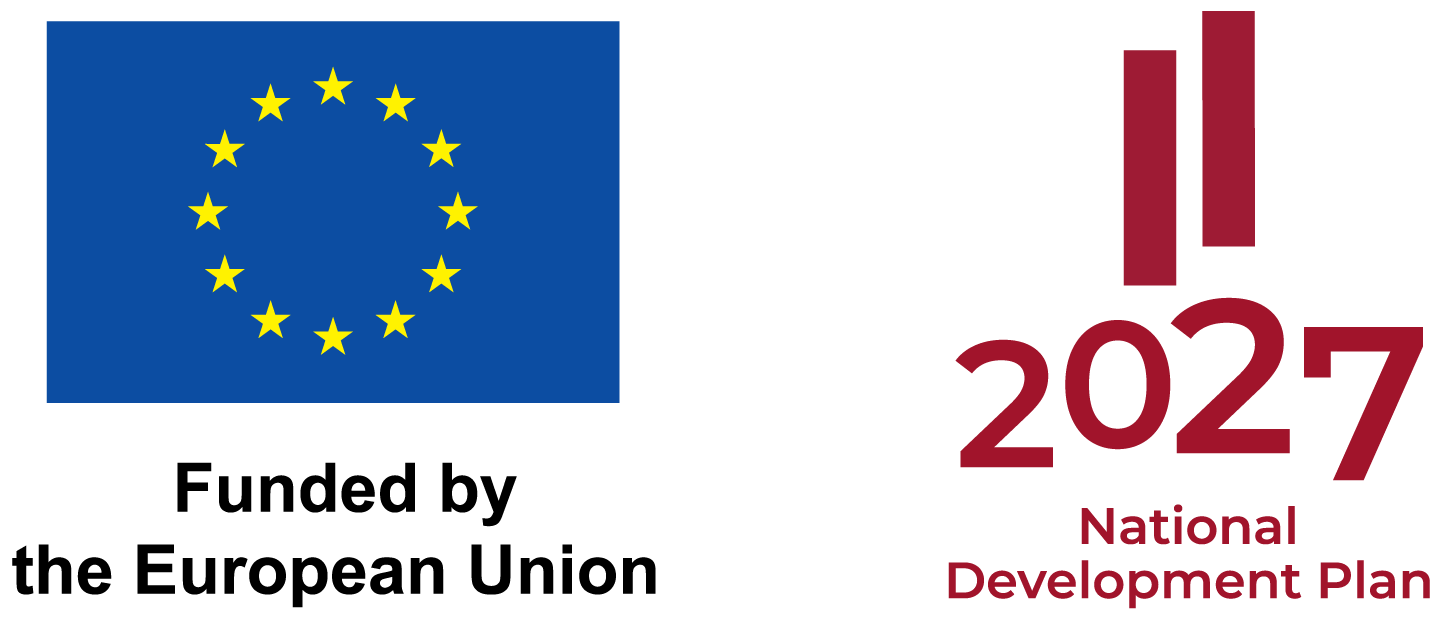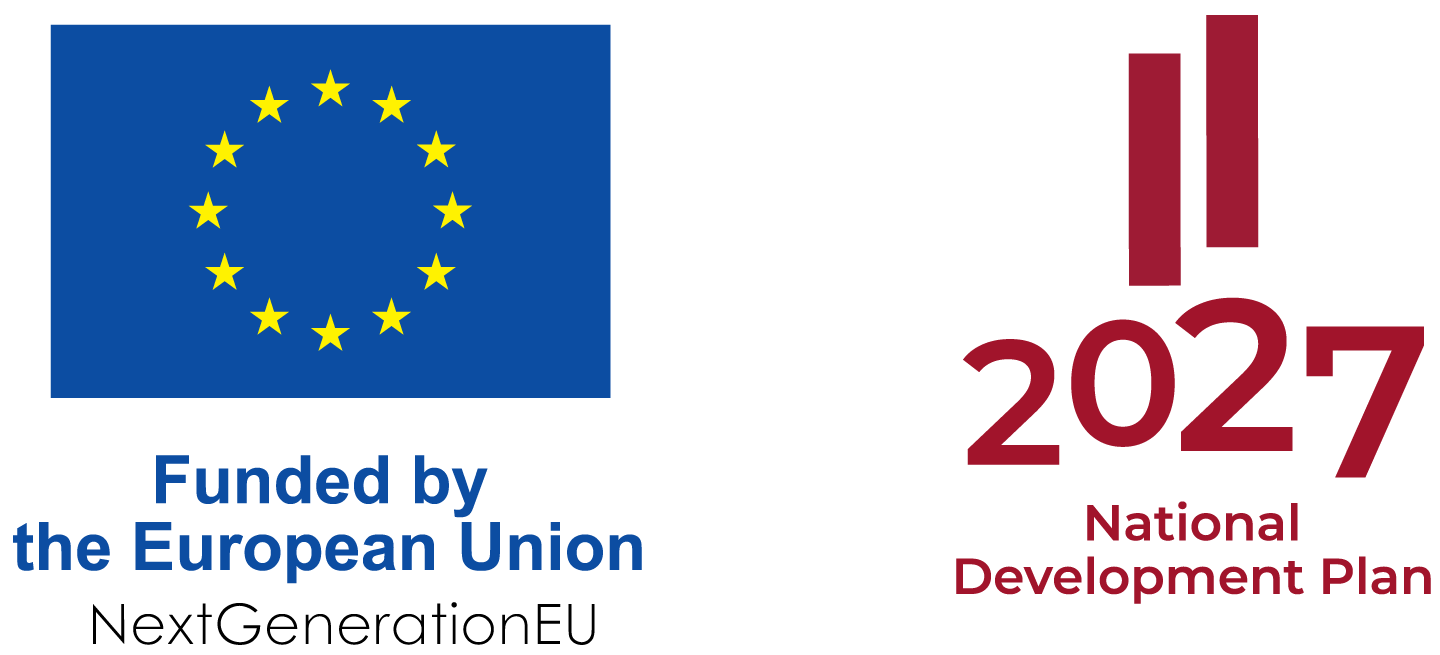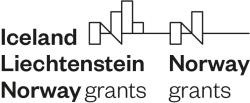The Recovery and Resilience Facility (RRF) is a new centrally managed budget programme of the European Commission (EC), created in addition to the multiannual budget of the European Union (EU) for the programming period of 2021-2027. On April 30, 2021, the Ministry of Finance submitted Latvia's Recovery Fund Plan to the EC for consideration. On June 22, the EC approved the plan, and the Council of the European Union on Economic and Financial Affairs (ECOFIN) endorsed it on July 13.
Projects can be submitted by businesses, municipalities and public organisations. The Recovery Fund will be available for the period until 31 August 2026.
The plan provides support in six areas:
- Green transition (Climate) - 34% (676,2 million EUR) + RePowerEU - 7% (134,7 million EUR)
- Digital transformation - 19% (365,3 million EUR)
- Reducing Inequality - 19% (378,5 million EUR)
- Economic Transformation - 10% (196 million EUR)
- Health - 9% (181,5 million EUR)
- Rule of Law – 2% (37 million EUR).
The aim is to support reforms and investments linked to the transition to a green and digital economy and to mitigate the social and economic impact of the crisis.
The Recovery Fund will finance:
Significant investments are planned in energy efficiency - to insulate apartment buildings and increase energy efficiency across Latvia. Investments in electricity networks and infrastructure are also planned, potentially reducing electricity prices for consumers by 3%-5%. There will also be significant investment in energy efficiency in businesses, with financial instruments enabling entrepreneurs to develop energy efficiency projects in business infrastructure.
To promote energy security and the transition to renewable energy sources, investments are planned in the synchronisation and modernisation of electricity transmission and distribution networks, which will have a positive impact on electricity transmission and distribution tariffs, as well as in the promotion of biomethane use.
Substantial support is intended for the digital skills training of Latvian citizens at all levels, from children and seniors to adults. At the same time, investments are planned for the digitization of processes in companies, for example, for the modernization of management, accounting, and internal resource management systems. Support in the form of financial instruments is planned for the digitalization of merchants, providing support for the development and digitalization of internal resource management and logistics tools.
Significant investments are planned in the development of national and regional roads. For example, industrial zones will help to create well-paid jobs in the regions. It is also planned to increase access to housing in the regions by developing rental housing stock. Increased support for social and employment services through increased funding for deinstitutionalisation measures.
As part of the hospital leveling reform, investments in the development of ambulatory and inpatient services are planned for strengthening the infrastructure and environmental accessibility of at least 10 large hospitals and 40 secondary outpatient service providers.
Support will also be provided in the research and development of innovations and private investments, by additionally investing in the Cluster program, within the framework of which new, scientifically intensive innovative products would be created, and the cooperation of entrepreneurs, scientists and universities would be promoted. The funds will also be directed to the reform of university management and support for science and research, restoration of the scientific potential of doctoral studies.
Investments are planned to strengthen the capacity to investigate economic crime, to train law enforcement officials, from police officers to judges of the Supreme Court.
Up-to-date information on the Recovery Fund is available at www.esfondi.lv






